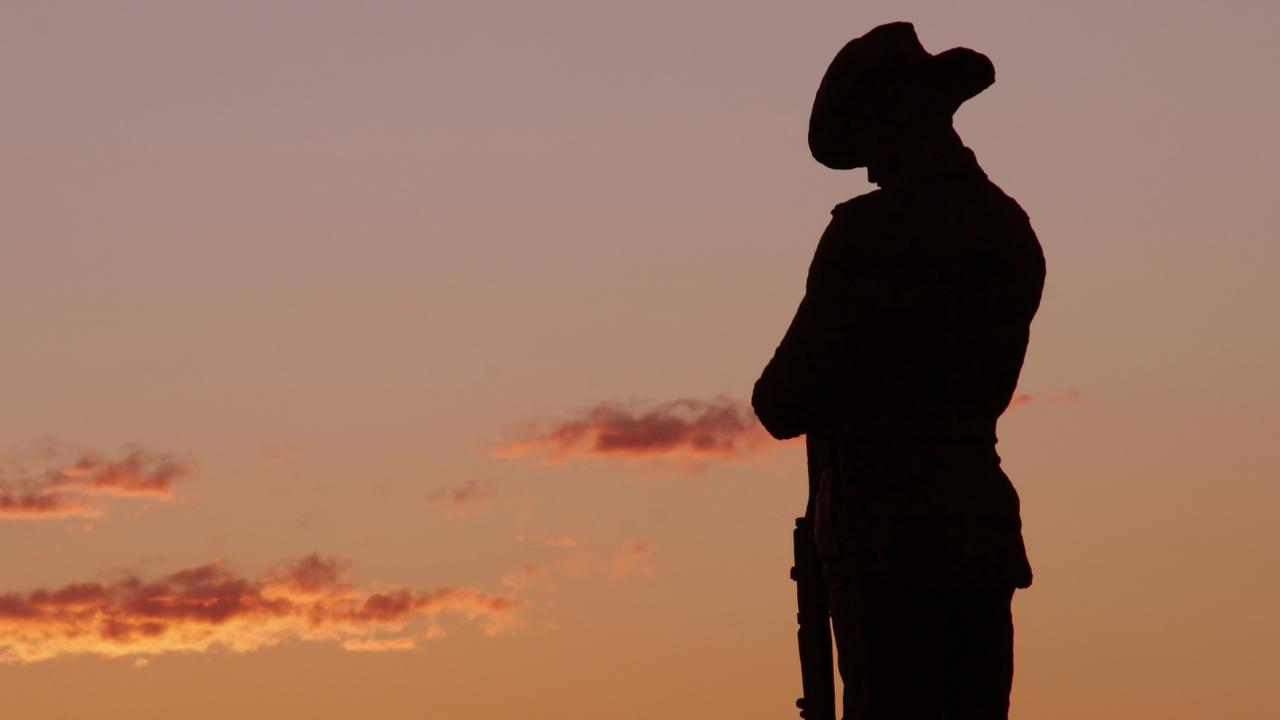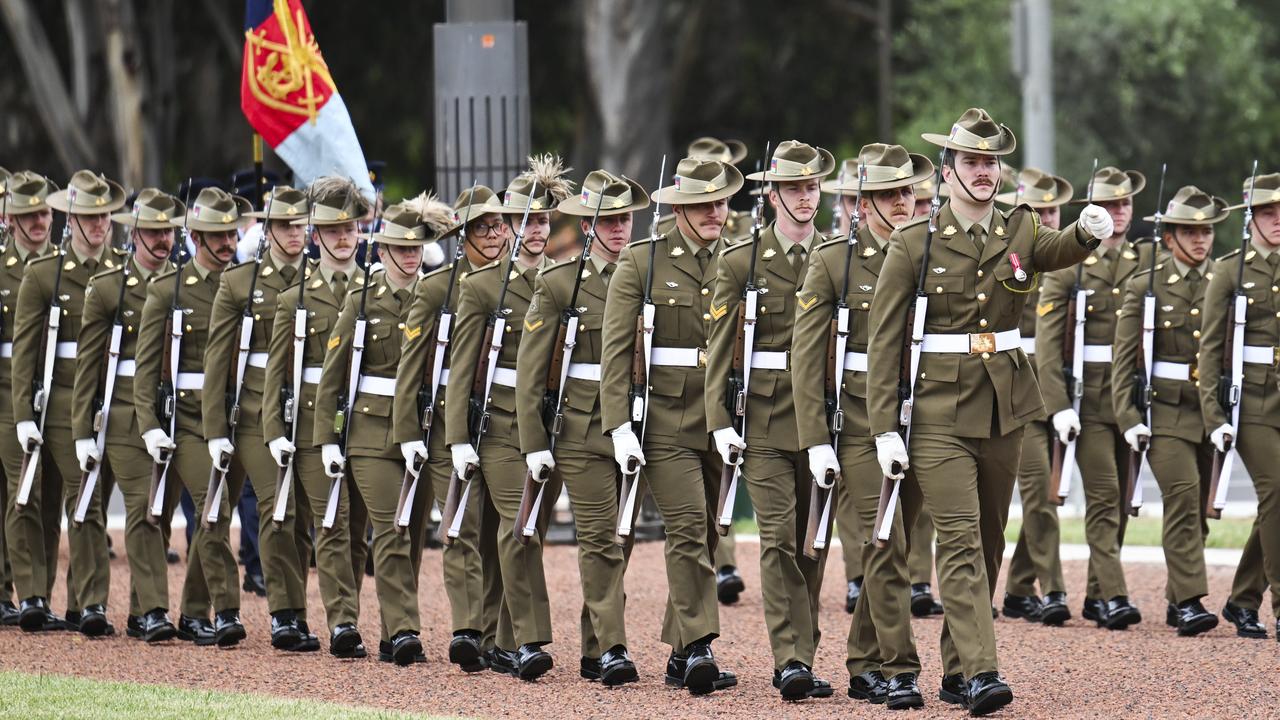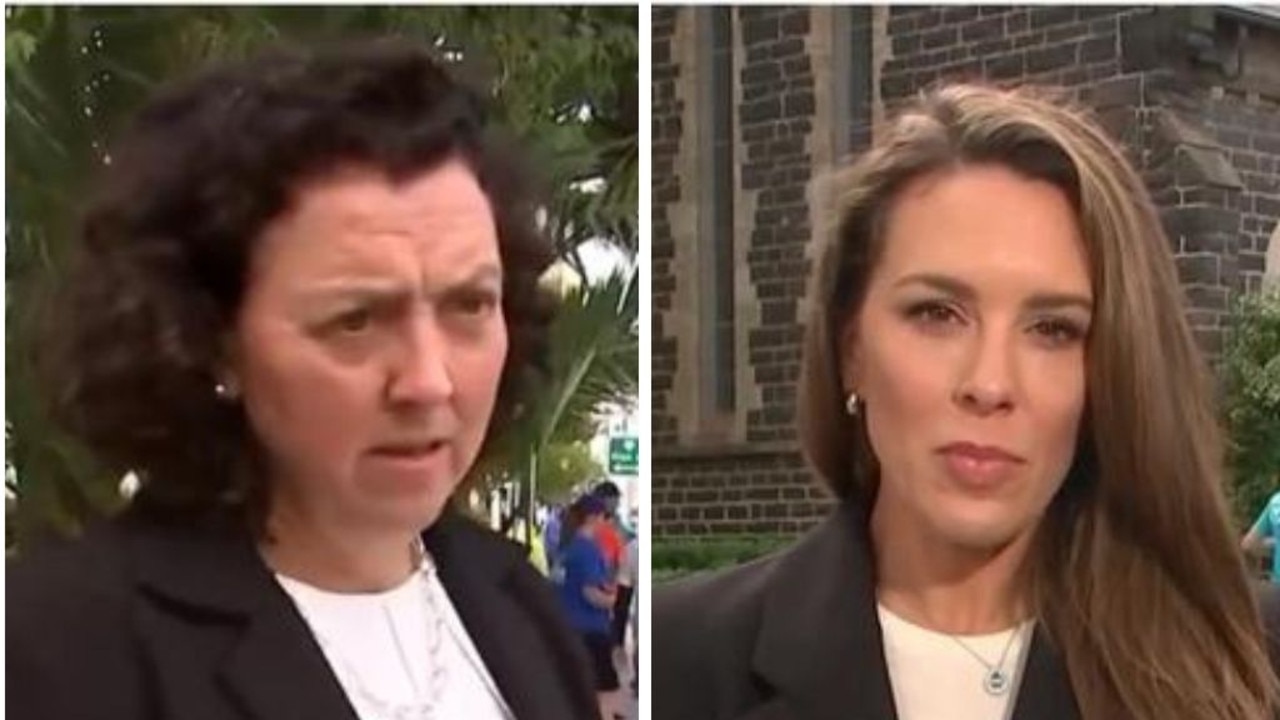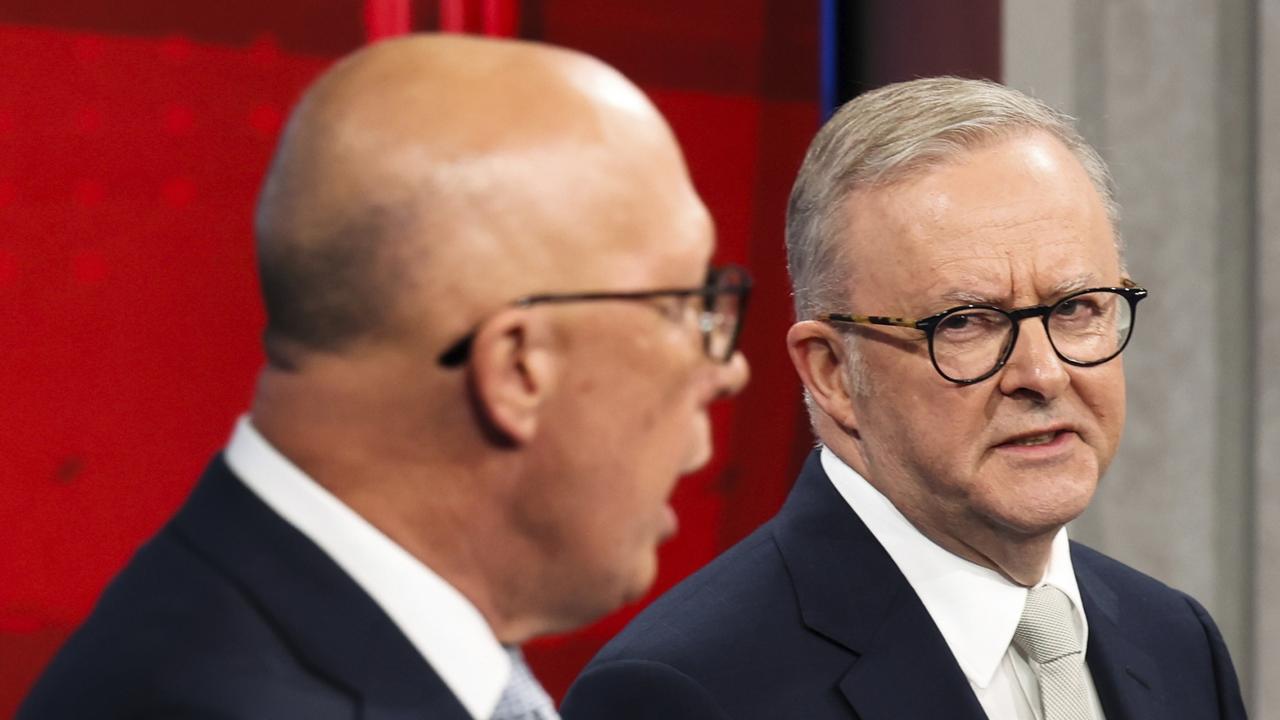Gen Z’s surprise Anzac survey results
While new polling has found most Aussies support preserving the Anzac legacy, it also revealed some startling insights into our military attitudes. See the survey results.

National
Don't miss out on the headlines from National. Followed categories will be added to My News.
Exclusive: Less than one in four members of Generation Z feel strongly connected to Anzac Day and only one in six would sign up to defend Australia in the event that we were attacked, exclusive new polling has found.
In a survey of 1118 Australians conducted by News Corp’s Growth Intelligence Centre, 42 per cent of respondents said they felt strongly connected to Anzac Day, but that figure dropped down to 23 per cent for Gen Z (Australians aged 13-28).
One in three members of Gen Z (33 per cent) said they respect the day but don’t feel personally connected, and another 29 per cent said they don’t think about it.
When asked about their personal preparedness to defend Australia, if need be, the generation most likely to be called up, Gen Z, was also the cohort least likely to do so automatically: just 16 per cent said they would, compared to 25 per cent of Boomers and 28 per cent of Generation X.
But for those who might read that top-line result and despair about younger Australians, the survey also revealed considerable complexity.

Respondents were also given the option of saying “maybe” they would consider fighting, depending on the context of the situation, and it was here that Gen Z pulled away from other generations. If a war was imminent, a total of 68 per cent of Gen Z said they would either definitely serve, or consider doing so – far higher than the Boomers (48 per cent).
Jennifer Parker, an Expert Associate at ANU’s National Security College, said when it came to serving in armed conflict, there could be a difference between polling and reality.
“There was polling done in Ukraine not long before Russia invaded, and it indicated most Ukrainians would not defend Ukraine against Russia,” she said.
“A lot of people have said that that was actually one of the things that encouraged Russian analysts to say Ukraine won’t defend itself. But what did we actually see? When Russia invaded, many Ukrainians actually took up arms and defended Ukraine.”
Across all the people surveyed, 57 per cent said Australia should be spending more on the military than the 2.1 per cent of GDP currently allocated.
That proportion of the federal budget is set to rise to 2.3 per cent by the mid 2030s, but some commentators have called for it to go even higher, to 3 per cent, in line with recent demands by US President Donald Trump.
About one in three respondents (34 per cent) said the current spending level was about right.
Support for the budget boost to defence was strongest among Baby Boomers.
Ms Parker said the popular support for increased defence spending showed Australians were “starting to understand the message about how the world is changing”.
“A number of things have happened in the past couple of years that are starting to cut through to the Australian public about just how likely the chance of a potential conflict in the region could be,” she said.

John Storey, Director of Law and Policy at the Institute of Public Affairs, said Australia had “dramatically underinvested in its own defence when compared with comparable nations”.
“Australia cannot continue to free-ride off allies, particularly the US, when it comes to our own defence,” he said. “Even if the federal government actually implements its proposed extra defence funding by 2033, Australia will still be below the level of defence spending that comparable nations are making today.”
Survey respondents also expressed a strong desire for the Anzac legacy to be preserved in Australian society. The sentiment was shared by a massive proportion of Baby Boomer survey respondents (93 per cent), and a lower but still strong majority of Gen Z respondents (63 per cent).
Originally published as Gen Z’s surprise Anzac survey results









